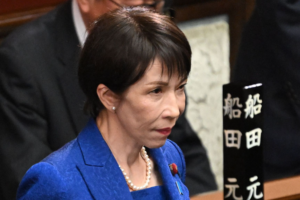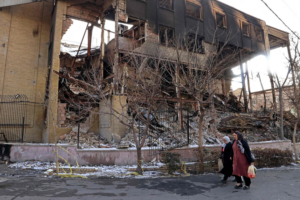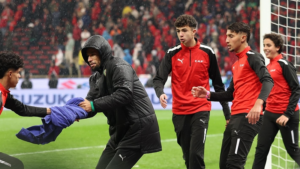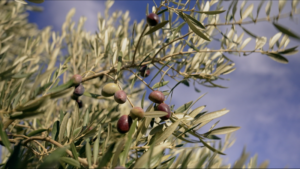
Davos 2026: Global Leaders Chart Path for Economy Amid AI & Green Shifts
Key insights from Davos 2026 reveal how AI, green energy, and monetary strategies are reshaping global economic priorities amid evolving challenges.
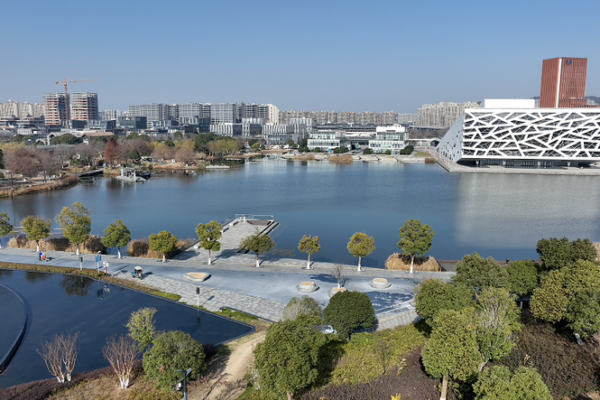
Hangzhou’s E-Fashion Town: Where AI Weaves the Future of Apparel
Hangzhou’s E-Fashion Town revolutionizes apparel production through AI and IoT, transforming 10-year-old farmland into Asia’s smart textile hub with 5,800 tech-driven enterprises.

AI Revolutionizes Fashion: From Sketch to Runway in 30 Seconds
AI transforms fashion design with 30-second digital creation cycles, from concept to virtual runway shows, reshaping Asia’s apparel industry in 2026.

AI Revolutionizes China’s Garment Industry with Agile Manufacturing
China’s garment factories leverage AI for rapid small-batch production, reshaping global fast fashion supply chains through tech-driven manufacturing solutions.

AstraZeneca Commits $15B to China Amid Healthcare Expansion
AstraZeneca announces $15B China investment during UK PM Starmer’s visit, signaling confidence in the country’s healthcare reforms and innovation ecosystem.
China-UK Dialogue Paves Way for Academic Collaboration Breakthroughs
China and the UK strengthen academic ties through high-level dialogue, fostering research collaboration and innovation in 2026.

AI Breakthrough Bridges Communication Gap for Deaf Communities
Kenyan innovator Elly Savatia’s AI-powered Terp 360 system is breaking communication barriers for deaf communities through real-time sign language translation.

China-UK Financial Ties Poised for Growth Amid High-Level Talks
TheCityUK highlights opportunities in China-UK financial services as PM Keir Starmer visits, signaling stronger economic collaboration.
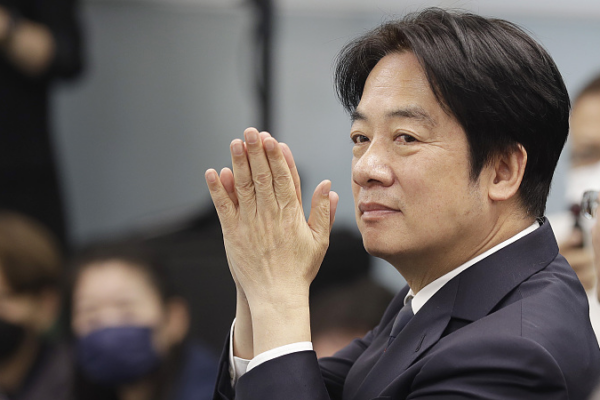
Lai Ching-te’s Independence Push Meets Firm Resistance in 2026
Taiwan region leader Lai Ching-te faces growing challenges to independence agenda amid mainland countermeasures and public discontent in early 2026.

Niger Accuses France, Benin, Côte d’Ivoire of Backing Airport Attack
Niger’s military repels assault on air base near Niamey, killing 20 attackers. Authorities accuse France, Benin, and Côte d’Ivoire of involvement.
China’s Ambassador Stresses Cultural Ties as Key to U.S. Relations
Chinese Ambassador Xie Feng highlights cultural exchanges and new visa policies as vital for stabilizing China-U.S. relations in 2026.

Burkina Faso Military Government Dissolves All Political Parties
Burkina Faso’s military government dissolves all political parties, citing corruption and national unity concerns, as part of broader reforms ahead of 2027 elections.

China and UK Forge New Pragmatic Partnership Amid Global Shifts
China and UK leaders commit to pragmatic partnership focusing on trade, climate action, and cultural ties during historic 2026 meeting, signaling diplomatic reset.
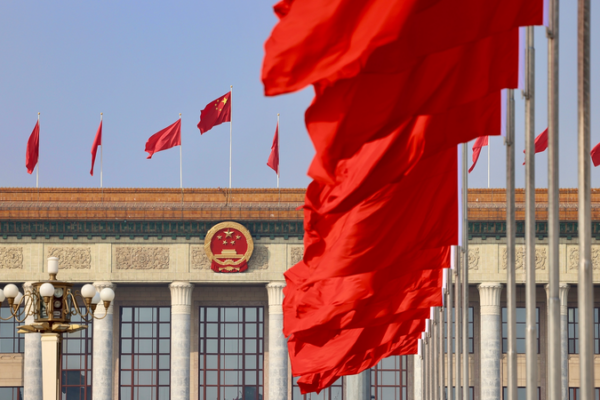
Xi Jinping Chairs CPC Meeting on 2026 State Institution Priorities
Xi Jinping leads CPC review of state institutions’ 2025 performance and 2026 priorities, emphasizing alignment with the 15th Five-Year Plan and Party leadership.

China’s 2025 Economic Resilience Takes Center Stage at Data Night
China’s 2025 economic resilience highlighted through consumption growth and trade adaptation at key data event, offering insights for 2026 strategies.

Irish ‘Riverdance’ Troupe Celebrates Cultural Bonds in China
Irish performers conclude landmark China tour as cultural diplomacy strengthens between Dublin and Beijing, with Riverdance captivating audiences nationwide.

Chinese Researchers Unveil Bendable AI Chip With 40,000 Flex Endurance
Chinese researchers develop a flexible AI chip enduring 40,000 bends, promising breakthroughs in wearable health tech and brain-computer interfaces.

Yangtze Finless Porpoise Population Rebounds Amid Decade-Long Fishing Ban
Yangtze finless porpoise population reaches 1,426 in 2026, a 14% rise since 2022, as decade-long fishing ban shows ecological success.
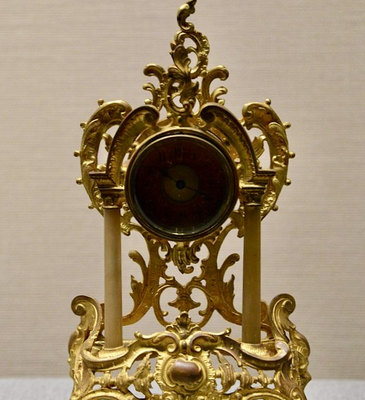
Summer Palace Exhibition Showcases Centuries of China-UK Cultural Ties
Beijing’s Summer Palace Museum unveils permanent exhibition featuring 19th-century diplomatic gifts, highlighting China-UK cultural exchanges through rare artifacts.
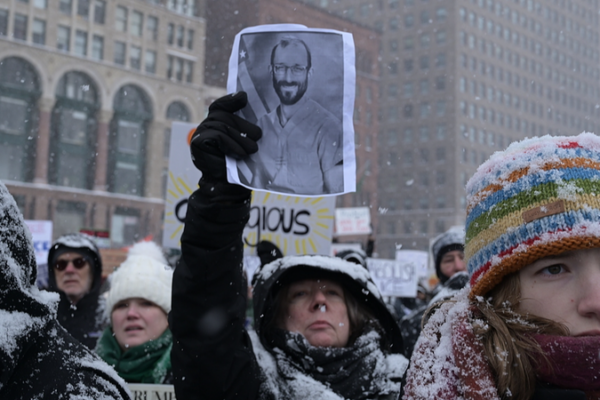
CGTN Poll Seeks Global Views on Recent ICE Shooting Incidents
CGTN launches global poll seeking perspectives on recent ICE-related shootings in the U.S., amid rising public debates over enforcement practices.

